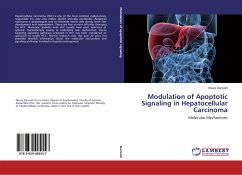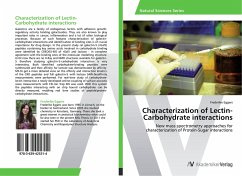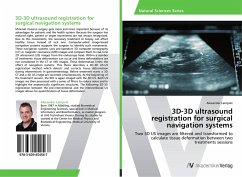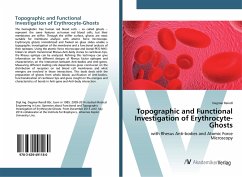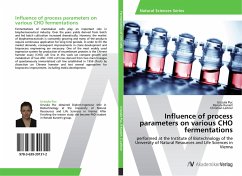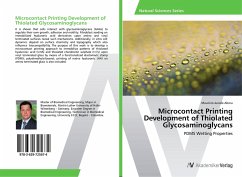Hepatocellular carcinoma is one of the leading cancer-related causes of death. So far, no life-saving therapy is available, due to a widespread resistance of cancer cells to apoptosis, impeding effectual treatment with anticancer drugs. Thus, an improved understanding of apoptosis and other cell death pathways is fundamental to develop new drugs to bypass tumor drug resistance. This study characterizes caspase-independent apoptosis induced by the death receptor-ligand CD95L in HepG2 cells. Furthermore the role of cyclophilin A (CypA) and apoptosis inducing factor (AIF) in apoptotic cell death are studied. An essential role of CypA in apoptotic cell death is demonstrated. On the one hand this protein is essential for the activation of at least effector caspases and on the other hand, the outcome of cell death is modulated both upon overexpression and knockdown of CypA.
Bitte wählen Sie Ihr Anliegen aus.
Rechnungen
Retourenschein anfordern
Bestellstatus
Storno


